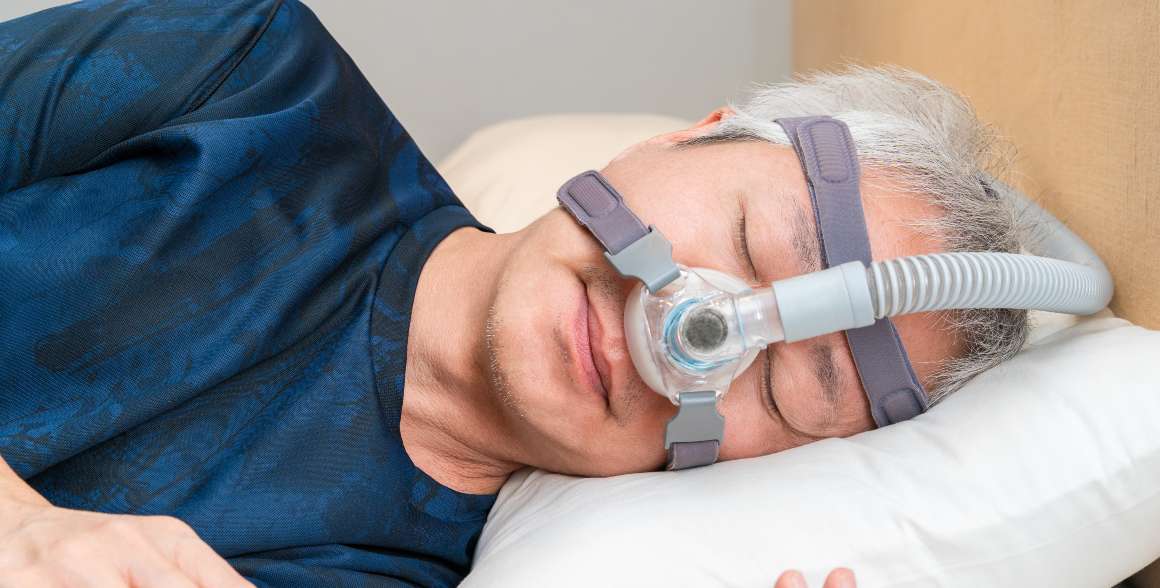Traveling with sleep apnea can feel daunting, especially when you’re far from home and your usual comfort zone. However, with proper preparation and strategies, managing sleep apnea while on the go can become much easier. Let’s explore some practical ways to ensure your travel plans don’t disrupt your sleep health.
Prioritize Your CPAP Essentials
One of the most crucial steps in dealing with sleep apnea while traveling is ensuring that your CPAP (Continuous Positive Airway Pressure) machine and accessories are packed properly.
- Use a Travel-Friendly CPAP: Many manufacturers now offer compact, travel-sized CPAP devices that are lighter and easier to carry.
- Power Supply and Adapters: If traveling internationally, research the destination’s power requirements and bring the necessary adapters. Backup batteries are also a lifesaver in areas with unstable power.
- Sanitation Supplies: Keep wipes, filters, and other cleaning essentials in your bag to maintain your device’s cleanliness during your journey.
Choose Accommodation Wisely
Where you stay plays a significant role in maintaining your sleep quality. Here are some tips for selecting the right accommodations:
- Look for Quiet Spaces: Book a room in a quieter section of the hotel to minimize disruptions.
- Request a Reliable Power Source: Hotels in places like Rego Park, Queens, often have accessible power outlets, but confirming this in advance can prevent hiccups.
- Bring Extra Supplies: If you’re unsure about your ability to access supplies on the road, pack spares of critical items such as tubing and masks.

Adjust to New Sleep Environments
Adapting to unfamiliar surroundings can be challenging, particularly when managing a condition like sleep apnea. Here’s how you can ease the transition:
- Stick to Your Routine: Try to maintain your regular sleep schedule to keep your circadian rhythm stable.
- Pack Comfort Items: Pillows or blankets from home can help you feel at ease in your new environment.
- Educate Travel Companions: Let those traveling with you know about your sleep needs, ensuring a supportive atmosphere.
Stay Well-Rested Before Your Trip
Preparing for travel when already sleep-deprived can make symptoms of sleep apnea worse. Ensure you:
- Catch Up on Sleep: Rest well in the days leading up to your departure to reduce stress.
- Plan Your Journey Around Rest: If possible, schedule flights or road trips during times when you feel most alert.
- Take Breaks During Travel: Short naps (if safe for your apnea) can help if you’re on a long journey.

Leverage Local Resources
If you experience issues with your CPAP or worsening symptoms during your travels, seek local resources for help.
- Consult Nearby Sleep Centers: Locations like Rego Park, Queens, have specialized diagnostic centers where travelers can get assistance with devices or sleep-related concerns.
- Telemedicine Options: Keep the contact details of your primary sleep specialist in case you need quick advice.
Plan Follow-Up Care Upon Return
Once home, monitor how your travels impacted your sleep health. An evaluation or follow-up consultation can help you regain balance if your symptoms worsened.
Conclusion
Managing sleep apnea while traveling requires preparation and diligence, but it doesn’t have to be overwhelming. From packing the right equipment to staying informed about local resources in areas like Rego Park, Queens, every step can make your journey smoother. For expert care and guidance on managing sleep apnea and other sleep disorders, connect with Vector Sleep Diagnostic Center today at (718) 830-2800.
FAQs
- Can I travel with a CPAP machine on a plane?
Yes, CPAP machines are considered medical devices and are typically allowed in carry-on luggage. Confirm with your airline for specific regulations. - What should I do if my CPAP stops working during travel?
Carry a backup battery and know the locations of nearby sleep centers or medical supply stores in your destination, such as those in Rego Park, Queens. - How do I clean my CPAP while traveling?
Use CPAP wipes or travel-size cleaning sprays for easy maintenance on the go. - Can I rent a CPAP machine at my destination?
In some areas, rental CPAP devices are available. Research sleep diagnostic centers in advance to know your options. - Is sleep apnea care covered under travel insurance?
Check your insurance policy, as some plans may provide coverage for medical device-related incidents during travel.









